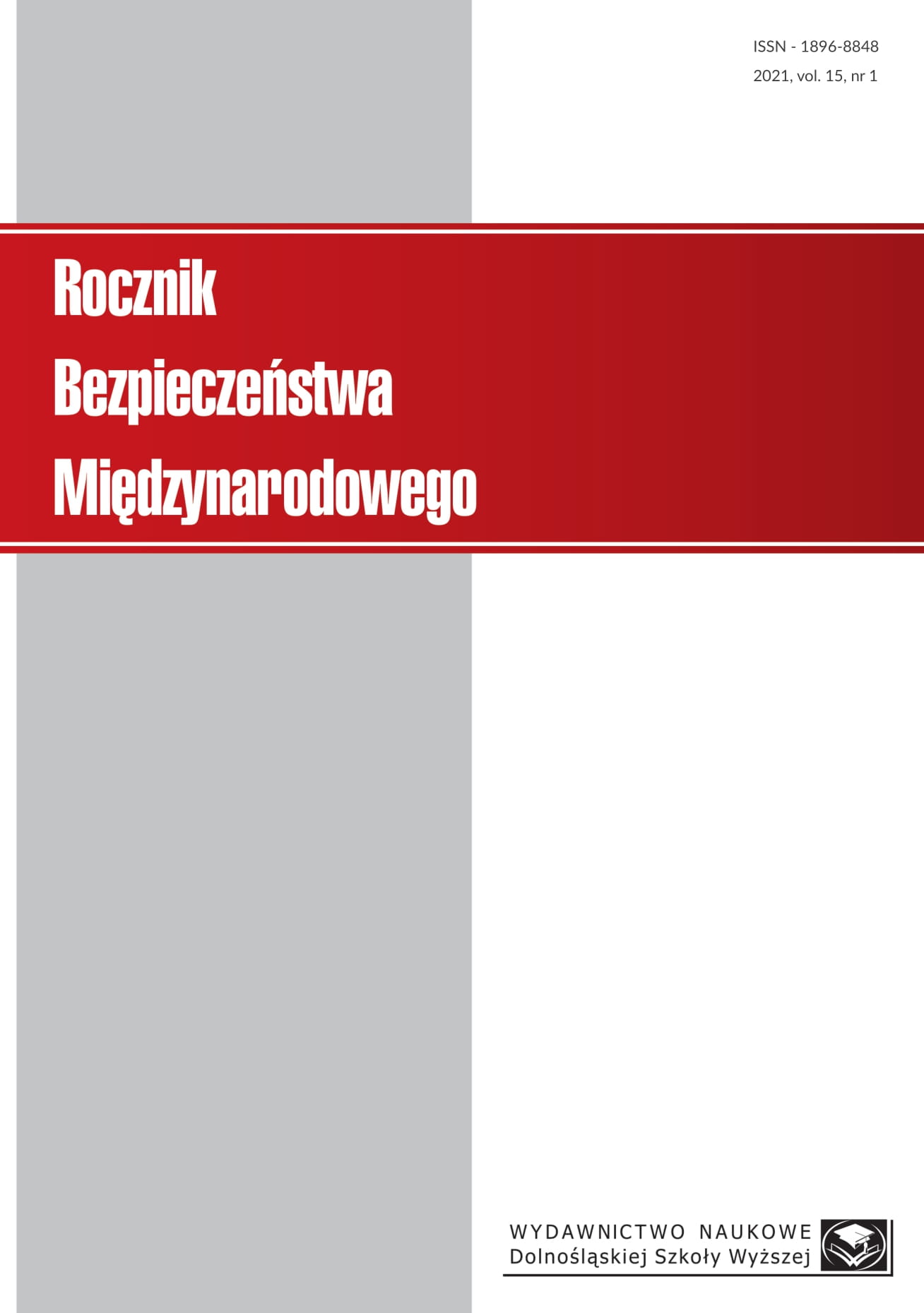Europejska Agencja Straży Granicznej i Przybrzeżnej (Frontex) wobec oskarżeń o naruszanie praw podstawowych w działaniach na Morzu Egejskim
European Border and Coast Guard Agency (Frontex) Facing Accusations of Violations of Fundamental Rights in its Operations in the Aegean Sea
Author(s): Aleksandra KusztalSubject(s): Politics / Political Sciences, Politics, Constitutional Law, Criminal Law, International Law, Human Rights and Humanitarian Law, Law and Transitional Justice, Civil Society, Governance, Public Administration, Public Law, Labor relations, Government/Political systems, International relations/trade, Security and defense, Military policy, Welfare systems, Criminology, Studies in violence and power, Migration Studies, Inter-Ethnic Relations, EU-Approach / EU-Accession / EU-Development, Ethnic Minorities Studies, Penal Policy, Globalization, EU-Legislation, Geopolitics, Politics and Identity, Peace and Conflict Studies, Maritime Law, Transport / Logistics, Asylum, Refugees, Migration as Policy-fields, Administrative Law
Published by: Wydawnictwo Naukowe Dolnośląskiej Szkoły Wyższej
Keywords: Frontex;Greece;Aegean See;Operation Poseidon;illegal migrants;pushbacks;investigation;
Summary/Abstract: The subject of the paper is to present and analyse current accusations against the European Border and Coast Guard Agency - Frontex, in connection with documented in journalistic investigation cases of violations of fundamental rights of illegal migrants, within the framework of Operation Poseidon, conducted by the agency in the Aegean Sea. As the subject of the intended research procedure is specific, the adopted methodology was based on the application of the analytical-empirical model. Among the research methods used in the cognitive-analytical procedure, the dominant role was played by qualitative methods, including institutional and structural analysis and mediated observation through the exploration of original and secondary sources in the form of documents and press materials. The quantitative methods concern the analysis of numerical data describing migratory movements around Europe in 2020. The research issues addressed in the article concern the current migration situation at the EU's external borders, the sources and documentation of accusations against Frontex, the functioning of the EU's institutional and administrative structure under crisis conditions, instruments, and legal possibilities to prevent, assess and curb possible abuses. The value of the article is its exceptional topicality and its conclusion based on the logic of deduction. It leads to the summing-up that the crisis surrounding the accusations proves that both the European Union itself and the process of European integration are currently in deep crises: political, legal, institutional, and identity.
Journal: Rocznik Bezpieczeństwa Międzynarodowego
- Issue Year: 15/2021
- Issue No: 1
- Page Range: 161-185
- Page Count: 25
- Language: Polish

